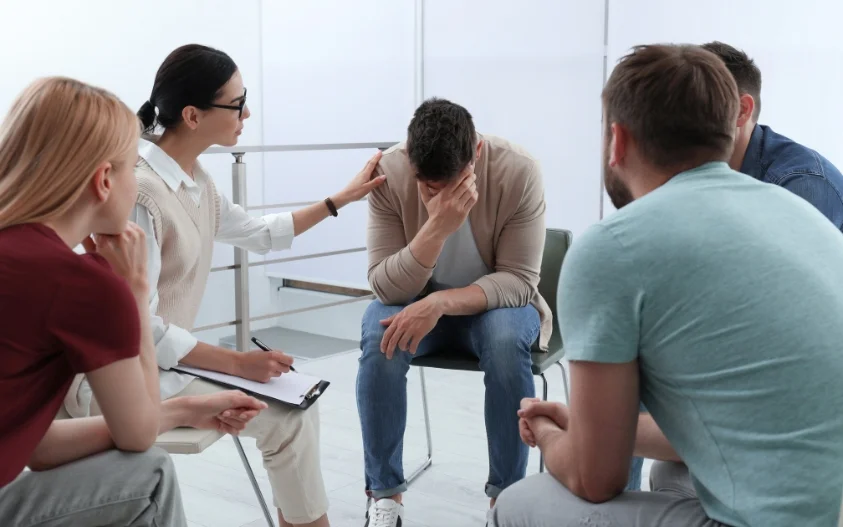is a critical area in the realm of mental health and addiction recovery. PTSD, or Post-Traumatic Stress Disorder, is a condition triggered by experiencing or witnessing traumatic events, leading to disturbing memories, avoidance of reminders, and heightened anxiety. The PTSD Treatment rehab centers in Breathitt focus on providing specialized care to individuals grappling with such profound issues, and they offer tailored programs to address both PTSD and any accompanying addictions, such as alcohol or substance abuse. Over the years, Breathitt County has seen a steady evolution in its rehab facilities, increasingly recognizing the interplay between mental health disorders and substance abuse. Historically, the initiation of these rehab centers can be traced back a few decades when the broader understanding of PTSD surged, especially in response to veterans returning from active service, leading to an increased societal awareness of mental health challenges. Today, these centers operate a multifaceted approach that includes not only clinical treatment but also holistic therapies, ensuring that individuals receive care that resonates with their unique experiences and promotes true healing. As the landscape of PTSD rehabilitation develops, it is evident that such facilities not only help individuals reclaim their lives but also contribute significantly to the community's overall well-being, reinforcing the importance of accessible mental health care.
Learn more about PTSD Treatment centers in Breathitt County























































































































































































































































